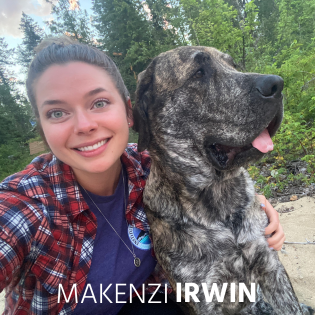(From Connexion Newsletter Fall/Winter 2024)
When I think about where I began my journey in health care, it always leads me back to my days as a Medical Office Assistant, both at a physician’s office and at the Aberdeen Ultrasound and X-Ray CIC (Community Imaging Clinic) in Kamloops.
Those years weren’t just about managing schedules or answering phones — they were about connecting with patients during some of their most vulnerable moments. MOAs wear many hats at any given time, balancing compassion with efficiency to keep everything running smoothly, and ensuring the care of each patient.
As an MOA, I learned that we are often the first touchpoint in the health care system — the bridge between patients and care — and our work lays the foundation for trust and quality care. Whether it was reassuring a patient before their imaging procedure or troubleshooting an IT problem, I came to deeply understand how essential MOAs are to primary care.
But as I grew in my career and gained experience, I also became aware of the gaps in our health care system — patients who couldn’t find a primary care provider or those who felt lost navigating the system. It was a problem I encountered again and again, and it ignited a passion in me. I wanted to be part of the solution. That desire led me here, to the Division, as an Attachment Coordinator. In this role, I get to work at the system level, collaborating with clinics, care teams, and implementation of enhancements within the system.
It’s a role that allows me to draw on my experiences as an MOA while working to improve access for unattached patients across our region. What ties my journey together is the recognition of the importance of team-based care, which is at the heart of Primary Care Networks (PCN). MOAs are critical players in this team. They’re not only administrative support: They’re the glue that holds everything together.
As we move forward in building a strong Thompson Region PCN and improving patient attachment through tools like the Health Connect Registry and the Provincial Attachment System, the work MOAs do is more important than ever. MOAs, you’re not just supporting clinics, you’re shaping patients’ experiences and ensuring that our health care system works for everyone. So, I want to say Thank You. Thank you for your dedication, your resilience, and your commitment to care. It’s an honour to have walked in your shoes, and now to walk alongside you, striving for the same goal — to create a health care system where every patient feels connected, supported, and cared for.
— Makenzi Irwin, Attachment Coordinator

